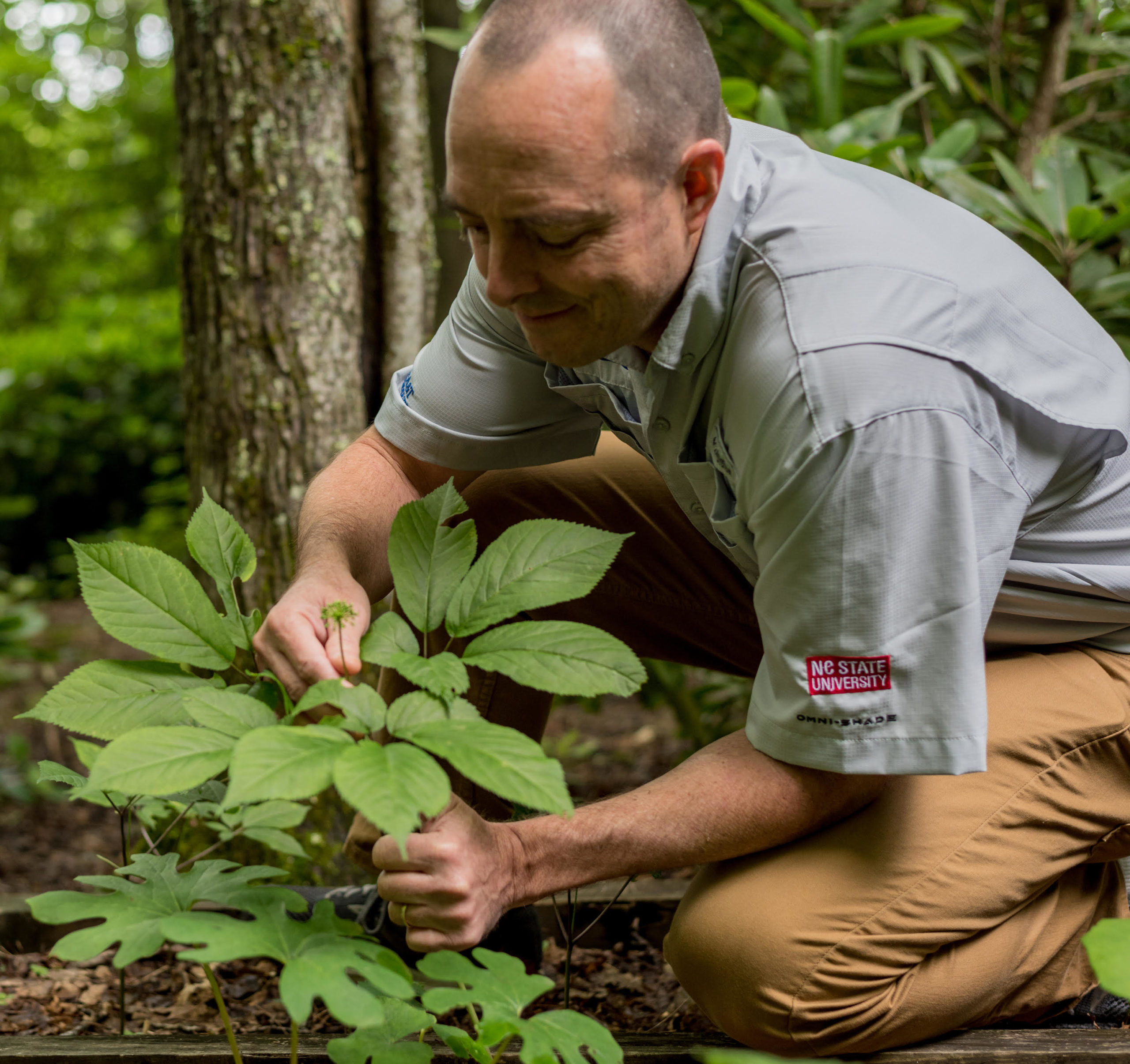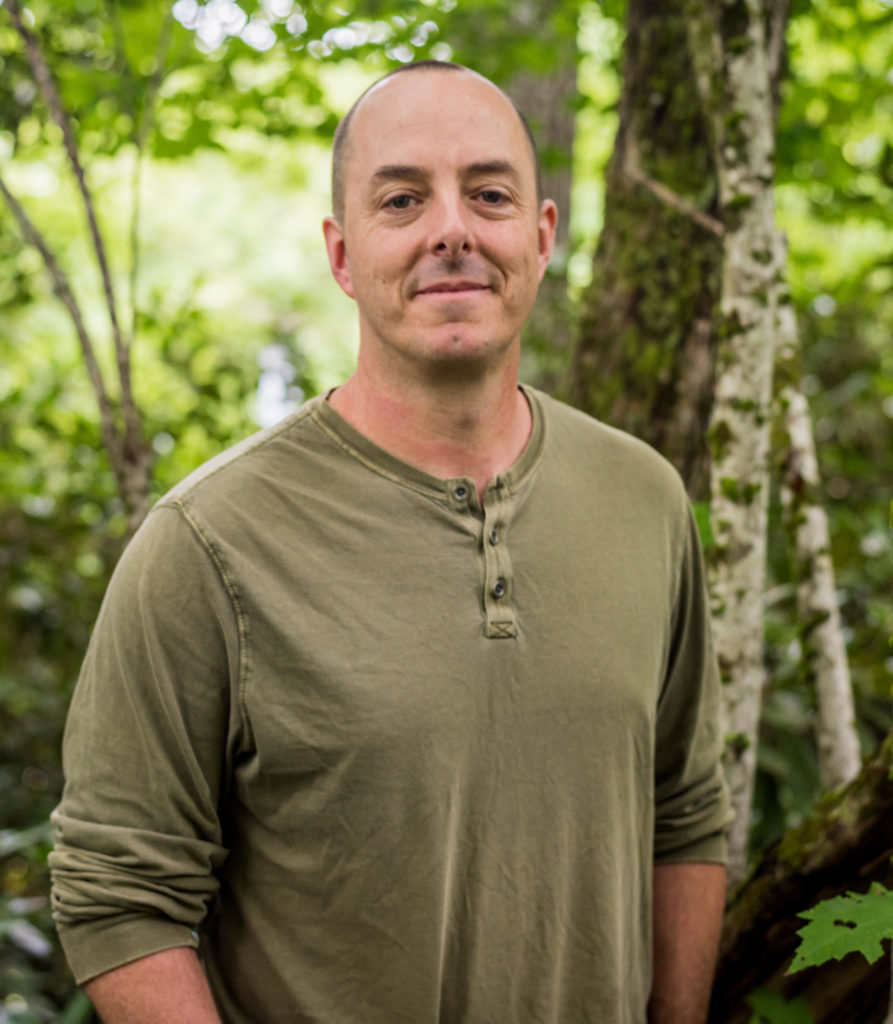
- This event has passed.
Appalachian Experience: Roots in Appalachia- Ginseng in Western North Carolina (online)
June 14, 2021 @ 6:30 pm - 7:45 pm

The harvest of wild American ginseng has been an integral part of Appalachian history and culture for over 300 years. As one of the world’s most popular herbal remedies, ginseng is revered in China, where its roots have been consumed for its purported immune-system enhancing and energy-boosting qualities for millenia. While large scale plantations of shade-cultivated ginseng are grown in Wisconsin and Ontario for export to Asia, the cryptic, shade-loving plant grows naturally in the rich mountain forests of western North Carolina. Each fall, locals hit the woods in search of the plant to dig its unique root, which can fetch up to $1,000 per pound. Overharvest and poaching are now threatening this native plant and the traditions that many in the region hold dear. In his presentation, “Roots in Appalachia”, Dr. Jim Hamilton will discuss the significance of ginseng to western North Carolina, its role in local and global markets, and other cultural nuances of ‘seng.
All registrants will receive a zoom link to the event.
 About the Presenter: Jim Hamilton is the County Extension Director in Watauga County. While originally from a small town in east central Alabama, he’s been huntin’, plantin’, transplanting, consuming, and teaching about ginseng for the last 10 years. He holds a PhD in Forestry from NC State and is an adjunct professor at Appalachian State University. Before settling in the mountains of North Carolina, Jim was a Peace Corps Volunteer, an environmental consultant, an A.M. country music DJ, and a volunteer fireman. While he’s written the requisite number of academic articles published in unreadable journals to warrant his credentials, his first fiction novel was published in late 2019. The Last Entry is painted in the woodland tones of western North Carolina’s rural mountains—a cultural crossroads of post-modern Appalachia where old-time traditions clash with a rapidly-changing world. Jim weaves his expertise of natural history into a story and characters which reflect the region’s burgeoning diversity, its struggles with poverty, and a black-market economy still tied to its land and forests.
About the Presenter: Jim Hamilton is the County Extension Director in Watauga County. While originally from a small town in east central Alabama, he’s been huntin’, plantin’, transplanting, consuming, and teaching about ginseng for the last 10 years. He holds a PhD in Forestry from NC State and is an adjunct professor at Appalachian State University. Before settling in the mountains of North Carolina, Jim was a Peace Corps Volunteer, an environmental consultant, an A.M. country music DJ, and a volunteer fireman. While he’s written the requisite number of academic articles published in unreadable journals to warrant his credentials, his first fiction novel was published in late 2019. The Last Entry is painted in the woodland tones of western North Carolina’s rural mountains—a cultural crossroads of post-modern Appalachia where old-time traditions clash with a rapidly-changing world. Jim weaves his expertise of natural history into a story and characters which reflect the region’s burgeoning diversity, its struggles with poverty, and a black-market economy still tied to its land and forests.
